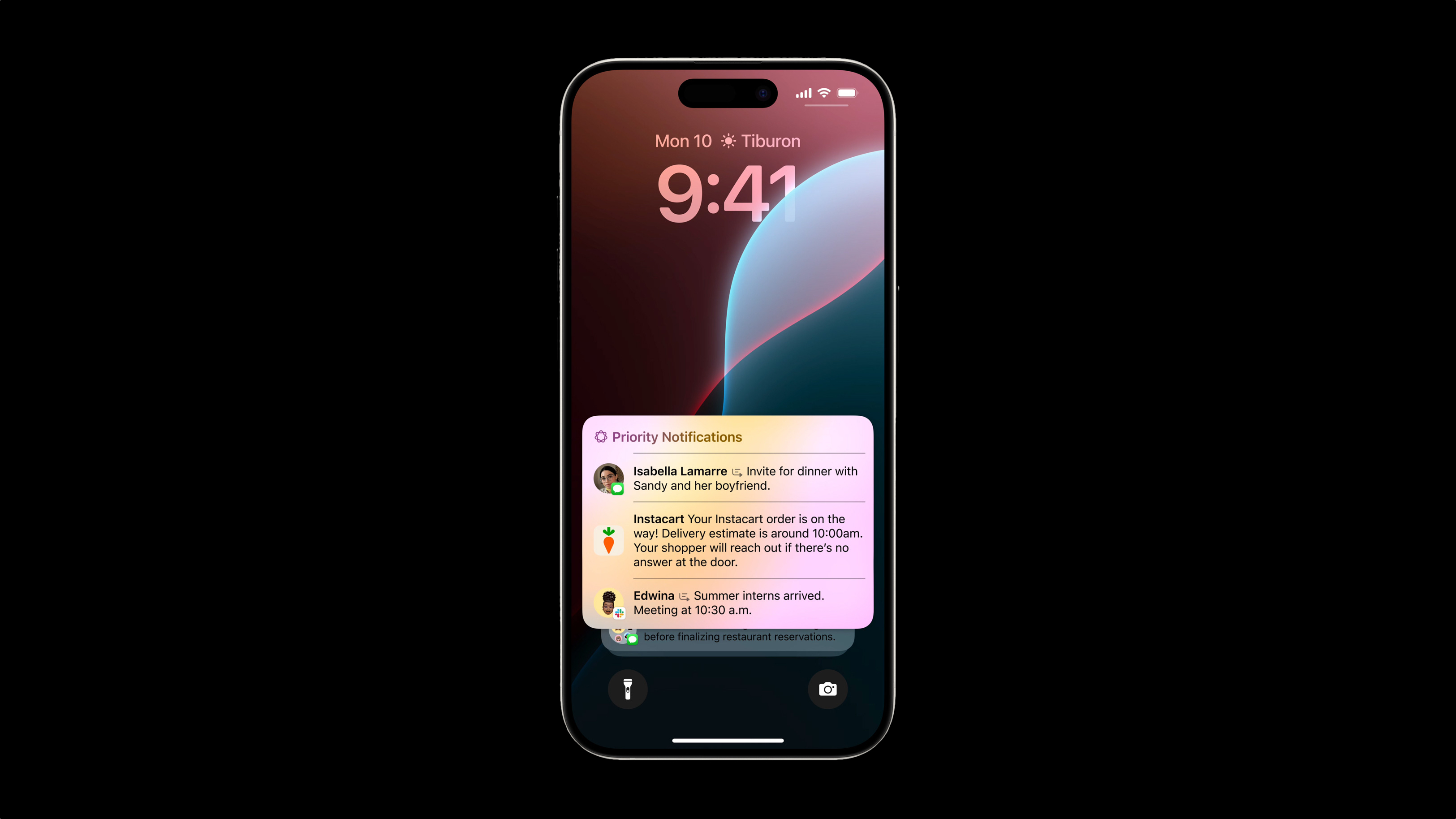
Apple has come forward to deny a report that Apple Intelligence may have been unwittingly trained using data taken from YouTube without permission after it was found that data collected by EleutherAI included YouTube subtitles from thousands of YouTube videos.
In a report earlier this week, it was revealed that an AI training dataset generated by EleutherAI had been created using subtitles from 174,536 YouTube videos from over 48,000 channels. The data, taken without permission and in violation of YouTube’s rules, was then picked up by companies including Apple, which reportedly used it to train its OpenELM model.
As you can imagine, the idea that Apple Intelligence might have been built using stolen YouTube content caused quite a stir, but Apple has issued a staunch rebuttal of the claims. According to 9to5Mac, Apple has confirmed “that OpenELM doesn’t power any of its AI or machine learning features – including Apple Intelligence.” Rather, OpenELM is a research project that’s not used to power any of the new features coming to iPhone, iPad, and Mac later this year. Apple did confirm that Apple Intelligence had been trained “on licensed data, including data selected to enhance specific features, as well as publicly available data collected by our web-crawler,” but not the pilfered YouTube subtitles it was unwittingly presented by EleutherAI.
Understandably, YouTubers such as MKBHD have been angered by the outcome of the investigation. MKBHD released a video on July 17 to explain the situation so far. Although OpenELM has reportedly been using the transcripts of subtitles to help train some AI models, it’s believed that this method is still a violation of YouTube’s terms of service.
What will Apple Intelligence offer for iPhone, iPad, and Mac?

With Apple distancing itself from the findings, let’s highlight the benefits of what Apple Intelligence will bring later this year as a beta for U.S. users. These collections of AI features, set to debut with iOS 18, macOS Sequoia, and iPadOS 18 later this year, are meant to help you in various ways.
For instance, Siri, Apple’s assistant that first debuted in 2011 with the iPhone 4S, is getting an upgrade. OpenAI’s ChatGPT will be integrated into Siri, allowing you to ask the AI model detailed queries, such as creating a 3-course meal or an in-depth fitness plan. The improved Siri will learn about you. For example, if you’ve forgotten about an event you spoke to your friend about, you can ask Siri what time the event starts.
In addition to Apple’s Photos app being redesigned in iOS 18 and iPadOS 18, a few Apple Intelligence features will also be available. The ‘Clean Up’ feature allows you to remove any objects in a photo, and ‘Memory Movies’ will use Apple’s AI to create a movie with a few prompts.
It’s important to note, however, that recent reports suggest not all of the Apple Intelligence features showcased at WWDC in June will be made available later this year. This could include the updates to Siri. Nevertheless, we’re hoping that AI features like those in the Photos app will still be available for U.S. users later this year.







